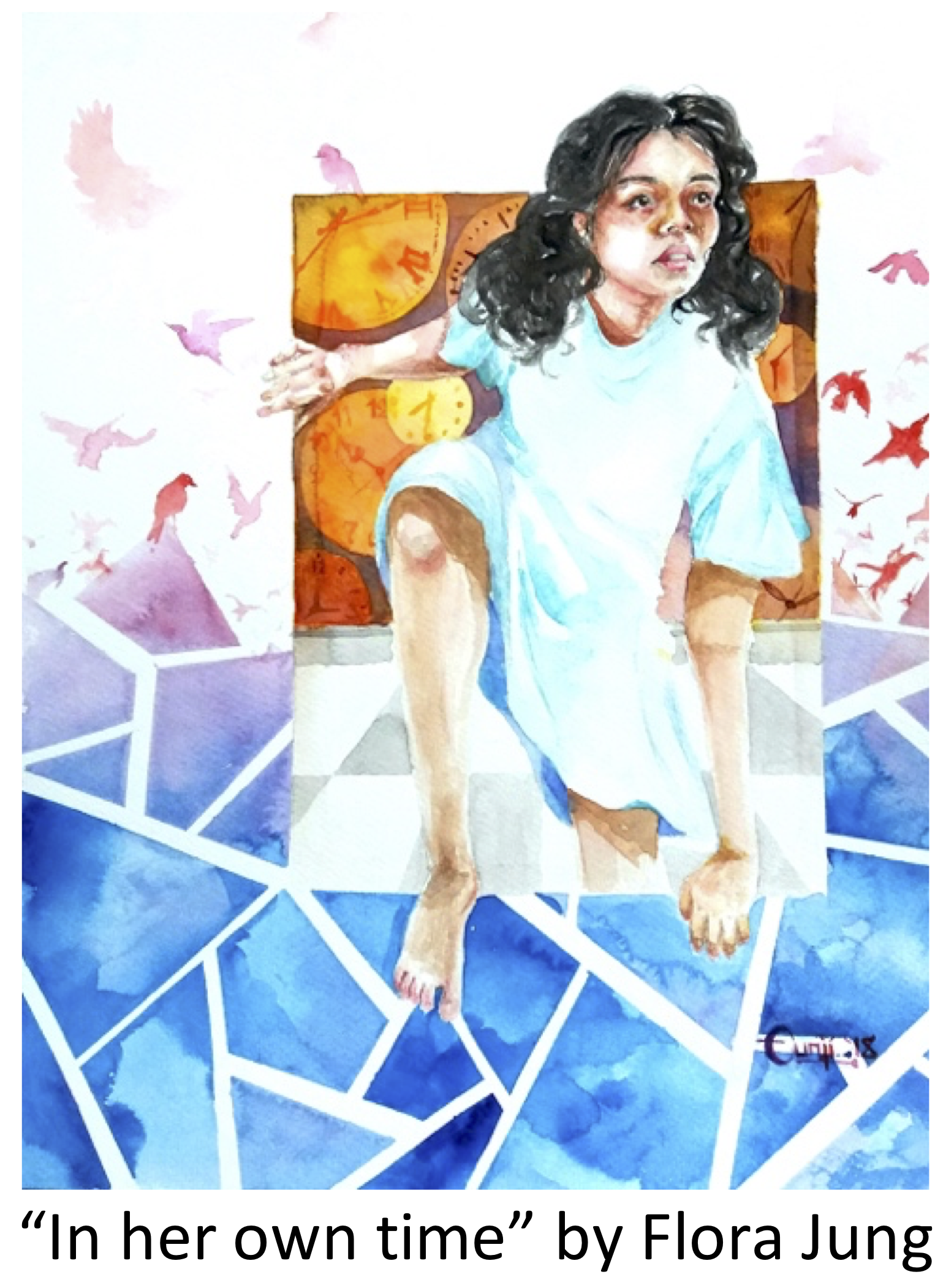An interprofessional urban health elective focused on the social determinants of health
DOI :
https://doi.org/10.36834/cmej.43066Mots-clés :
Medical Education, Social Determinants of Health, Inner City HalthRésumé
Background: More than half of the world’s population now lives in cities. Health professionals should understand how social factors and processes in urban spaces determine individual and population health. We report on lessons from an interprofessional urban health elective developed to focus on the social determinants of health (SDOH).
Methods: An interprofessional committee developed an urban health elective based in downtown Toronto. Course objectives included promoting collaboration to address SDOH, identifying barriers to care, accessing community-based resources, and learning to advocate at individual- and community-levels.
Results: Seventeen students from eight disciplines participated during the 2011-2012 academic year. Sessions were co-facilitated with community partners and community members identified as experts based on their personal experience. Topics included housing, income and food security, Indigenous communities in urban spaces, and advocacy. Students collaborated on self-directed projects, which ranged from literature reviews to policy briefs for government. Students particularly valued learning about community agencies and hearing from people with lived experience.
Conclusion: The specific health challenges faced in urban settings can benefit from an interprofessional approach informed by the experiences and needs of patient communities. This elective was innovative in engaging students in interprofessional learning on how health and social agencies collaborate to tackle social determinants in urban spaces.
Téléchargements
Publié
Numéro
Rubrique
Licence
La soumission d’un manuscrit original à la revue constitue une indication qu’il s’agit d’un travail original, qu’il n’a jamais été publié et qu’il n’est pas envisagé pour publication dans une autre revue. S’il est accepté, il sera publié en ligne et ne pourra l’être ailleurs sous la même forme, à des fins commerciales, dans quelque langue que ce soit, sans l’accord de l’éditeur.
La publication d’une recherche scientifique a pour but la diffusion de connaissances et, sous un régime sans but lucratif, ne profite financièrement ni à l’éditeur ni à l’auteur.
Les auteurs qui publient dans la Revue canadienne d’éducation médicale acceptent de publier leurs articles sous la licence Creative Commons Paternité - Pas d’utilisation commerciale, Pas de modification 4.0 Canada. Cette licence permet à quiconque de télécharger et de partager l’article à des fins non commerciales, à condition d’en attribuer le crédit aux auteurs. Pour plus de détails sur les droits que les auteurs accordent aux utilisateurs de leur travail, veuillez consulter le résumé de la licence et la licence complète.











